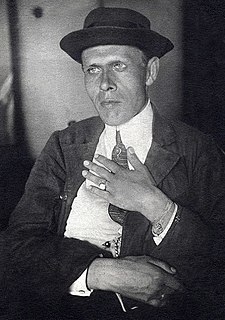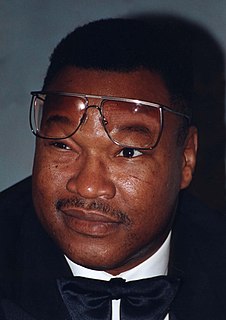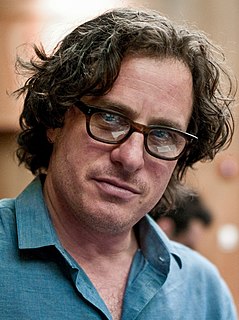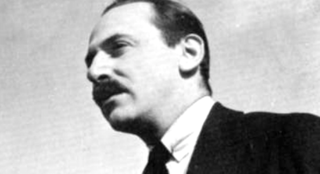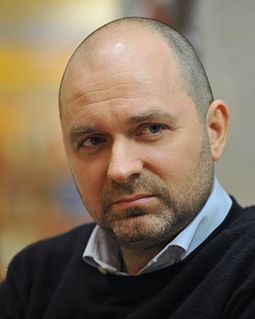A Quote by V. S. Naipaul
I had no student friends to talk to about literature. My tutor was a really nice man, very charming - but he had no literary judgment.
Related Quotes
There lived a redheaded man who had no eyes or ears. He didn’t have hair either, so he was called a redhead arbitrarily. He couldn’t talk because he had no mouth. He had no nose either. He didn’t even have arms or legs. He had no stomach, he had no back, he had no spine, and he had no innards at all. He didn’t have anything. So we don’t even know who we’re talking about. It’s better that we don’t talk about him any more.
I had a student some years ago whose father had worked on the Manhattan Project. I had a student who had to escape this very intense, born-again fundamentalist Christian background that was very much like a cult and of course they struggle to get to Naropa. And they have cut themselves off. They don't look back.
You once said to me that I talk like a man in a book. I not only talk, but think and feel like one. I have spent my life in books; literature has deeply dyed my brain its own colour. This literary colouring is a protective one--like the brown of the rabbit or the checks of the quail--making it impossible for me to tell where literature ends and I begin.
Literary men now routinely tell their readers about their divorces. One literary man who reviews books wrote, in reviewing a study of Ruskin, that he had never read a book by Ruskin but that the study confirmed him in his belief that he didn't want to read a book by Ruskin. This man very often writes about his family life.
My grandfather was a man, when he talked about freedom, his attitude was really interesting. His view was that you had obligations or you had responsibilities, and when you fulfilled those obligations or responsibilities, that then gave you the liberty to do other things. So the freedoms that we talk about today, the liberties that we talk about today were the benefits that you got from discharging your responsibilities.


